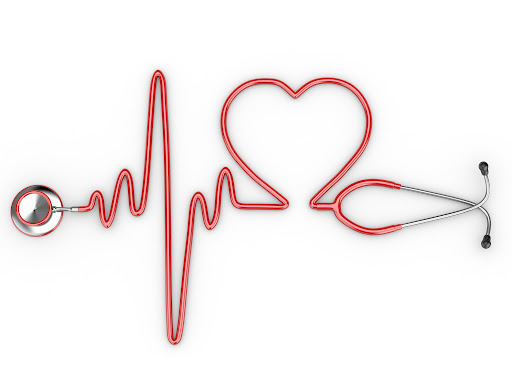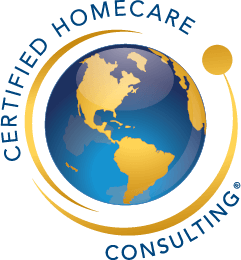Daily Checks for Ensuring Heart Health

Safeguarding heart health is one of the most important wellness checks that can be performed, and as we age, the criticality only grows. Seniors especially often become more vulnerable to cardiac conditions because of the organic deterioration the body undergoes over time. But, creating a daily heart monitoring routine helps to increase the awareness of abnormalities before they potentially grow into an issue. The following steps are easy to do at home, and an effective heart health check starts with a complete understanding of blood pressure.
Understanding Blood Pressure
High or low blood pressure is an indicator of artery health and is recorded in two sets of numbers. The leading number is the systolic blood pressure, which calculates the pressure exerted against artery walls while your heart is beating. The secondary number, known as diastolic blood pressure, indicates the amount of pressure that’s being exerted against artery walls while your heart is resting. Plaque and stiffness in the arteries is what causes cardiac and vascular complications and a normal blood pressure reading is considered to be 120/80 or lower.
Monitoring & Tracking Your Blood Pressure
Modern technology has created agile medical-grade tools and technology that are accessible in our everyday lives. Monitoring blood pressure at home has never been easier, and checking your own or someone else’s blood pressure can be done by using a blood pressure cuff or even a smartwatch. 360-degree active monitoring requires not only checking but tracking as well, and a wide variety of smartphone apps can be used to store health data, which can be shared with a healthcare professional.
Stethoscope Monitoring
Utilizing a stethoscope in a home wellness routine can help to produce more detailed data in both heart and pulse monitoring. Caregivers can use this tool to listen for arrhythmias or any other abnormalities, which can then be reported to a medical professional. Checking pulse rates is also simple to do with a stethoscope, and a normal rate ranges between 60-100 beats per minute.
Heart-Healthy Living
The best thing to do for the heart is to treat it right through a healthy diet and exercise. It’s critical to keep in mind that our hearts are muscles that need to be exercised regularly and a minimum of 30 minutes a day is all that you need to keep it strong. Seniors and anyone that experiences cardiac issues should always check with a doctor before starting an exercise routine. Lowering stress levels is also a great way to reduce the tension that can elevate blood pressure, and doing all that you can to protect your heart can add years to your life.
Brought to you by leading stethoscope distributor, Stethoscope.com
Home Care Policies and Procedures customized for your Home Care Agency and Guaranteed to pass State Home Care License and CHAP Accreditation or ACHC Accreditation Surveys. Literally, everything you need to pass survey in any state and operate your home care agency. Call us during your survey, we will consult you live. All of this is included when you purchase our policies and procedures for home care, home health care, or hospice!

